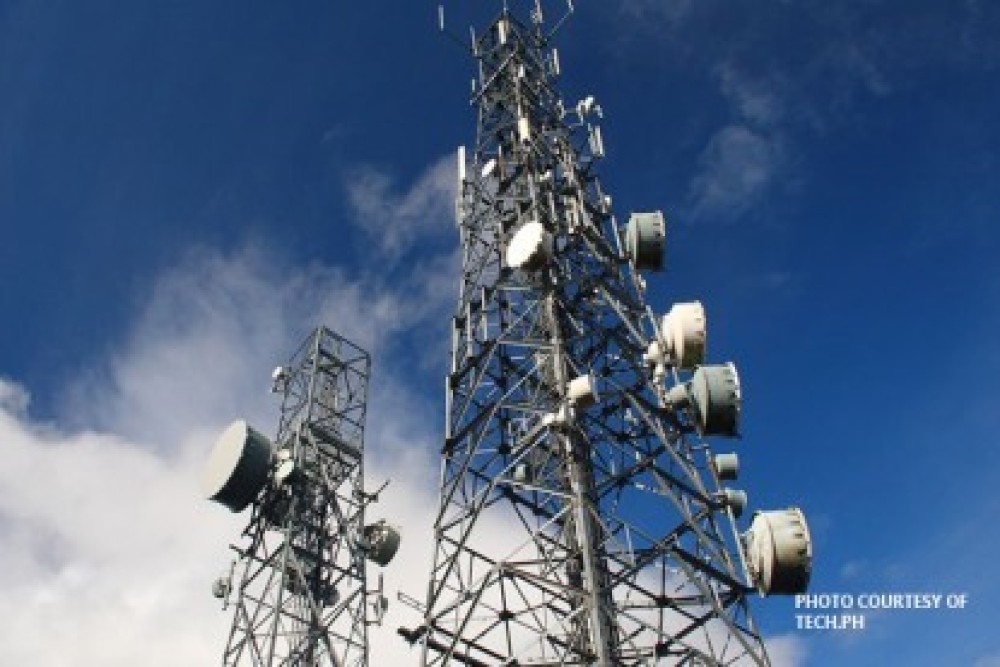A business group cited government measures aimed towards digital transformation in the Philippines and called for additional moves to ensure a more inclusive shift.
In a statement, the Philippine Chamber of Commerce and Industry (PCCI) said amendments to the Public Service Act, SIM Card Registration Law, the Digital Transformation Roadmap, and the National Fiber Backbone are “steps in the right direction.”
PCCI president Consul Enunina Mangio, however, said more should be done, such as prioritization of broadband access in rural and underserved areas.
“If we are to achieve inclusive and sustained growth, local governments, schools, enterprises, operating in rural areas must have the same level of access and reliability as their urban counterparts. And to be competitive, cost and speed must be equivalent or even better than those of our neighbors in ASEAN who are already years ahead of us in MSME digitization, e-commerce adoption, and digital government services,” she said.
Thus, the group raised the need to expand last mile connectivity in remote areas by directing investment towards underserved areas and critical backbone infrastructure, leveraging public-private partnerships (PPPs); accelerate infrastructure rollout by streamlining permitting processes for telecom infrastructure (towers, fiber ducts); enforce infrastructure sharing policies, and prioritizing national broadband initiatives in the process, foster competition and affordability by implementing policies and spectrum management strategies (to accelerate 5G rollout); and support community networks and localized digital hubs; provide incentives for infrastructure sharing and open access models.
PCCI director for ICT Dennis Anthony Uy also underscored the need to treat connectivity “as a critical infrastructure, on par with roads, energy, and ports.”
“There should be more strategic investment in both fixed and mobile broadband networks, especially in underserved regions, to enable more Filipinos and businesses to participate in the digital economy,” he said.
“Open, affordable, and nationwide connectivity will not just future-proof our economy, it will empower every Filipino to take part in that future starting today.”


